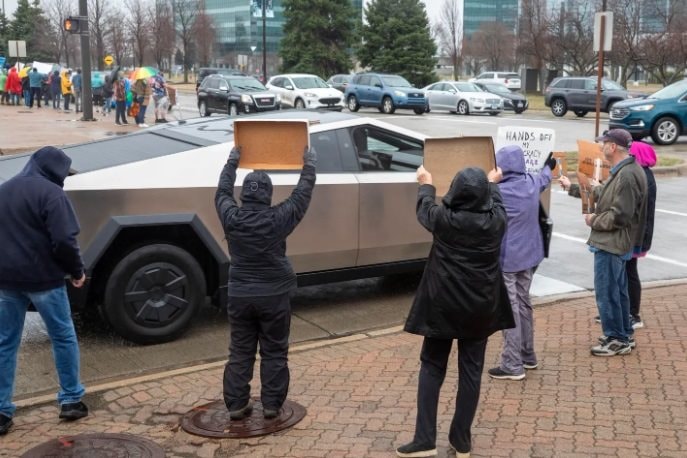
Elon Musk's Tesla Cybertruck was once heralded as the next big thing in the automotive world. With its futuristic design and bold claims about its performance, Musk promised to revolutionize the pickup truck market.
However, more than a year after its release, the Cybertruck is struggling with poor sales, technical issues, and increasing ridicule. What was once seen as a groundbreaking innovation now seems to be a glaring example of Musk’s miscalculation, resulting in a "failure of the decade" that has even affected Tesla's broader business.
The Cybertruck has become a symbol of failure, not just for its design but also for the brand Musk has spent years building. The vehicle, weighing three tons, has been underwhelming in the market, with sales figures falling far short of Musk's predictions.
Originally, Musk envisioned selling 250,000 units per year, but in reality, Tesla has managed to sell fewer than 40,000 Cybertrucks in the first year of full production. This failure is not just a financial loss for Musk and Tesla but also a blow to their image, particularly as it follows the tremendous success of their other vehicles, such as the Model S and Model 3.
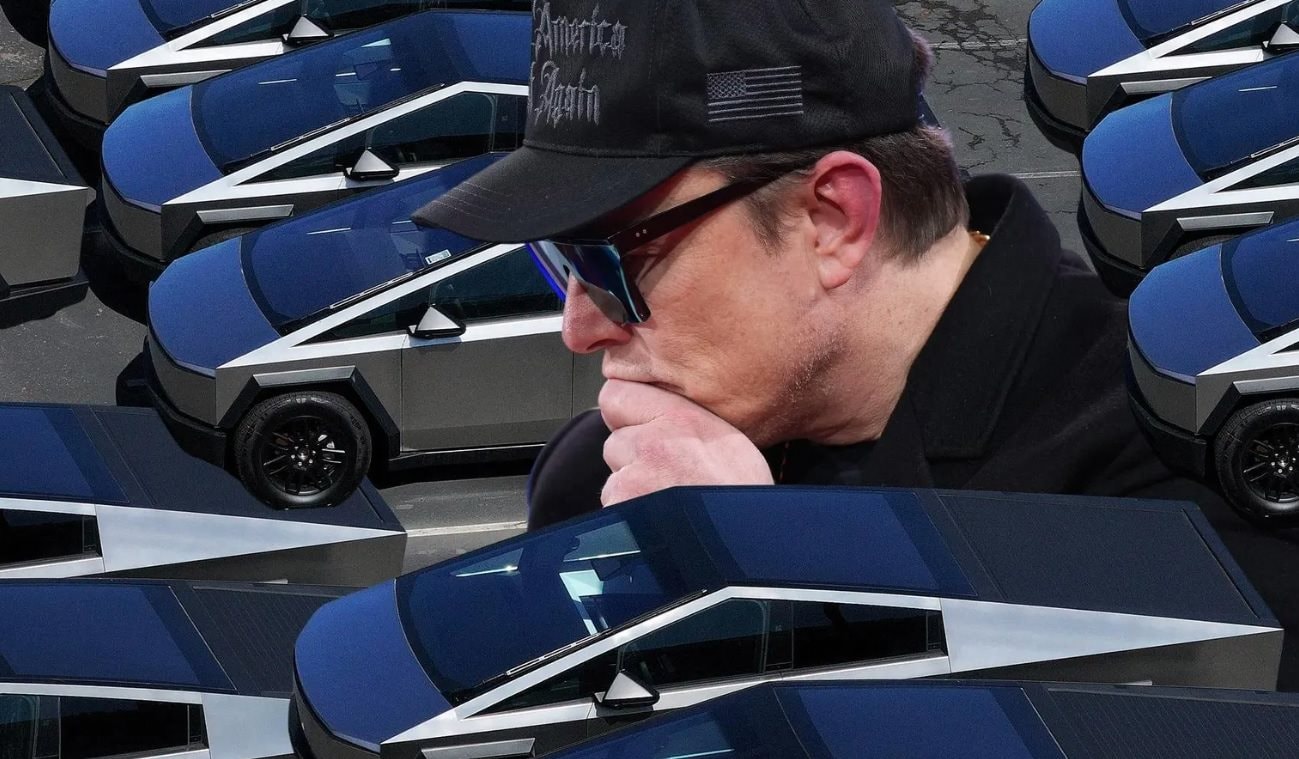
The Cybertruck was unveiled in November 2019 with much fanfare. Musk promised a vehicle unlike any other, one that would challenge the conventional pickup truck design. The truck’s unique, angular shape was designed to stand out in a crowded market, and its performance was touted as being revolutionary.
However, even before the vehicle hit the market, the Cybertruck became the subject of widespread ridicule after an infamous demonstration went horribly wrong. During the reveal event, Musk showcased the truck’s "bulletproof" windows by having a metal ball thrown at them. The windows shattered twice, leaving Musk visibly embarrassed and the audience in disbelief. The incident became a viral moment that would haunt the vehicle’s image long after the event.
Despite this early setback, Musk remained confident about the Cybertruck's potential. His predictions for sales numbers were optimistic, but the reality has been far from what he had envisioned. The Cybertruck’s sales have been sluggish, with Tesla failing to meet even the most conservative of its projections.
This poor performance has prompted many to question Musk’s ability to deliver on his ambitious promises. When compared to other iconic automotive failures like the Ford Edsel and the DeLorean DMC-12, the Cybertruck now seems poised to join the ranks of disastrous car launches in history.
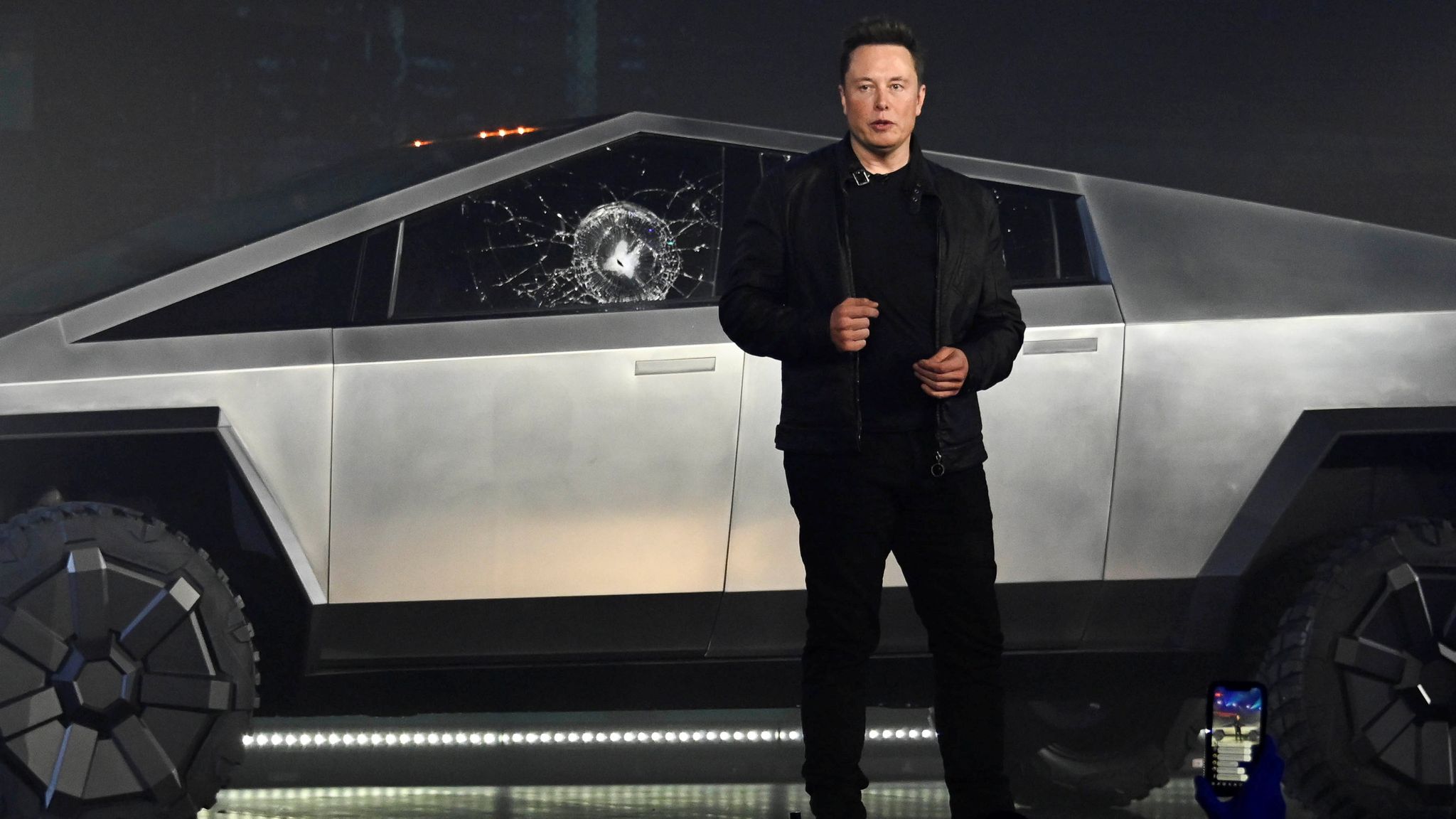
The design of the Cybertruck has also been a point of contention. Musk's decision to use stainless steel for the body of the truck, inspired by the DeLorean, has resulted in a vehicle that is difficult to produce and prone to issues. The steel is hard to mold and prone to showing fingerprints, which detracts from the truck’s overall appeal.
Additionally, the decision to not paint the truck to save on production costs has backfired, as the lack of paint makes the vehicle look unfinished and adds to its “rough” appearance. The design was supposed to be a bold statement, but it ended up alienating potential customers who were looking for something more refined.
The Cybertruck’s issues go beyond design and production challenges. It has also failed to live up to its promised performance specifications. One of the key selling points of the truck was its ability to handle heavy-duty tasks like towing and carrying heavy loads. However, in various tests and reviews, the truck has not performed as expected.
It has been shown to struggle in off-road conditions, and its towing capacity has been called into question. Videos of the Cybertruck being towed by Ford F-150s or GM Silverados have only added to the vehicle’s reputation as underwhelming. The Cybertruck was supposed to be the future of electric trucks, but it has not been able to compete with established players in the market.
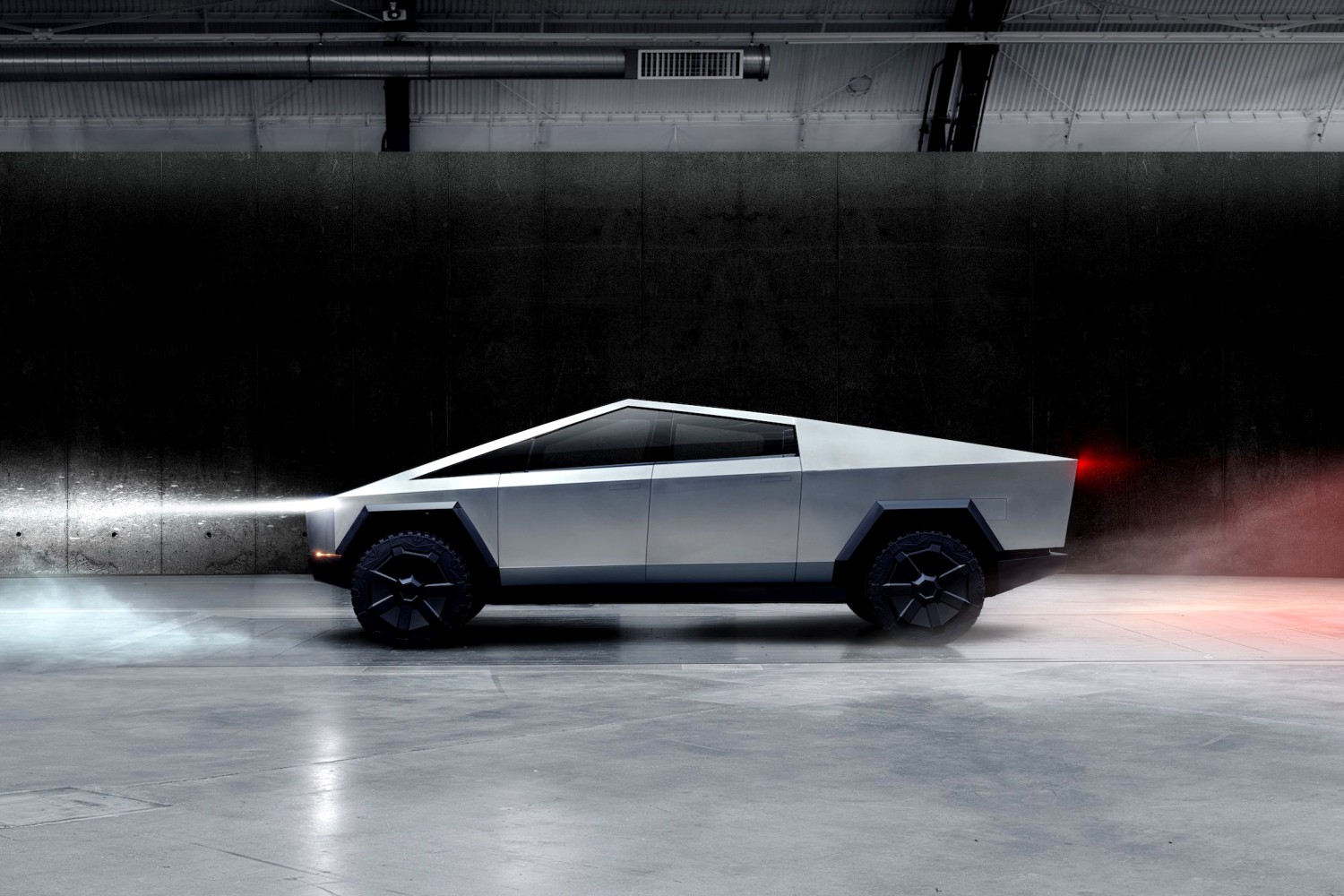
The sales struggles of the Cybertruck are not isolated to one market. Tesla has faced challenges in various regions, including Europe and China, where the truck has not been able to gain traction. Even in California, which has long been a stronghold for Tesla, the company has seen a 15% drop in registrations for its vehicles, with the Cybertruck being a significant part of the decline.
The drop in demand for the Cybertruck is particularly troubling, given that it was meant to be Tesla's flagship vehicle in the pickup truck segment, a highly lucrative market. To compound matters, Tesla has had to offer a range of discounts and promotions to try and boost sales.
This marks a departure from the company's previous strategy, where its vehicles were sold at a premium without much need for discounting. The price of the Cybertruck has also been a point of contention. Musk initially promised that the base version of the truck would start at $39,900, but the actual price is nearly double that, with the base model now starting at $72,490.
This discrepancy between what Musk promised and what consumers are getting has led to further frustration and skepticism among potential buyers. The declining sales of the Cybertruck are not just an issue for Tesla’s bottom line; they also have implications for Musk’s personal brand. Musk has built his reputation on being an innovator, someone who can deliver on bold promises and revolutionize industries.

However, the Cybertruck failure threatens to undermine this image, as it highlights the gap between Musk’s vision and the reality of what he is able to deliver. The failure of the Cybertruck is a reminder that even the most ambitious ideas can falter, especially when the execution does not match the vision.
In conclusion, the Cybertruck’s struggles are a reflection of both Musk’s ambition and his flaws as a leader. The truck’s design, performance, and price have failed to meet the high expectations set by Musk, and as a result, it has become a symbol of failure in the automotive industry. While the truck may eventually find its place in the market, it is clear that the road to success for the Cybertruck will be a long and difficult one.
Musk’s dream of revolutionizing the pickup truck market with the Cybertruck has not come to fruition, and it remains to be seen whether Tesla can recover from this setback and regain the trust of its customers. For now, the Cybertruck stands as a cautionary tale of overpromising and underdelivering in the world of electric vehicles.
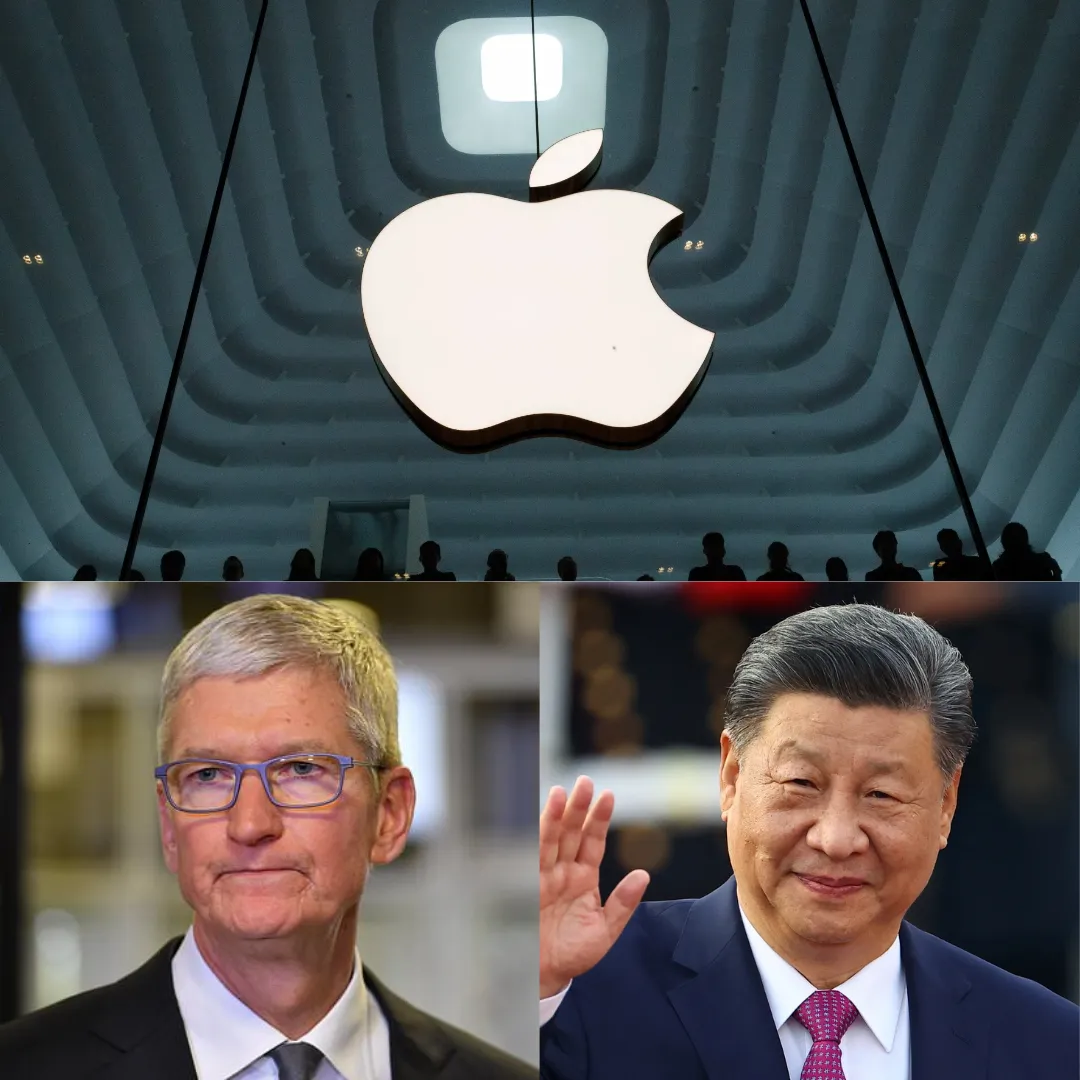

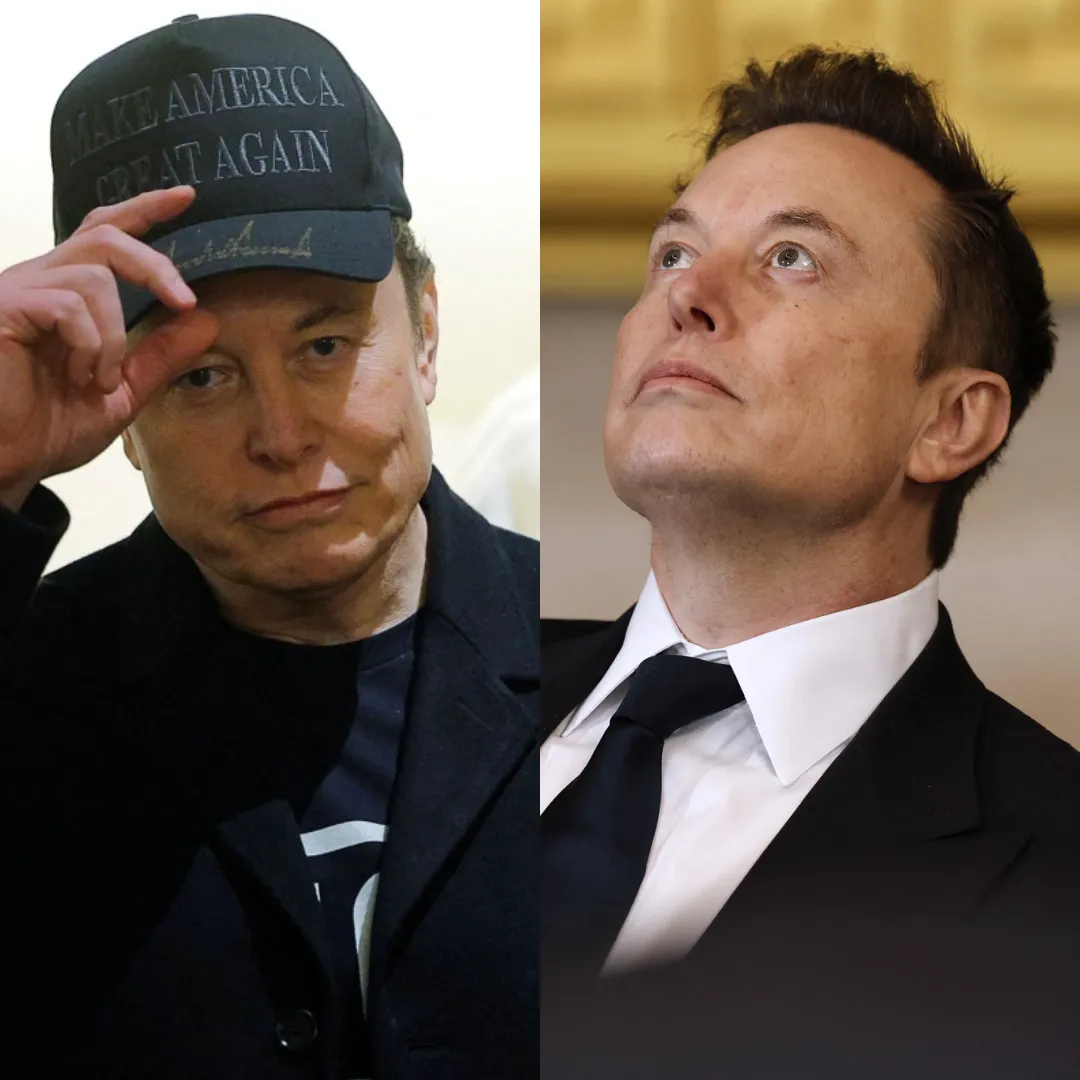
-1743668601-q80.webp)